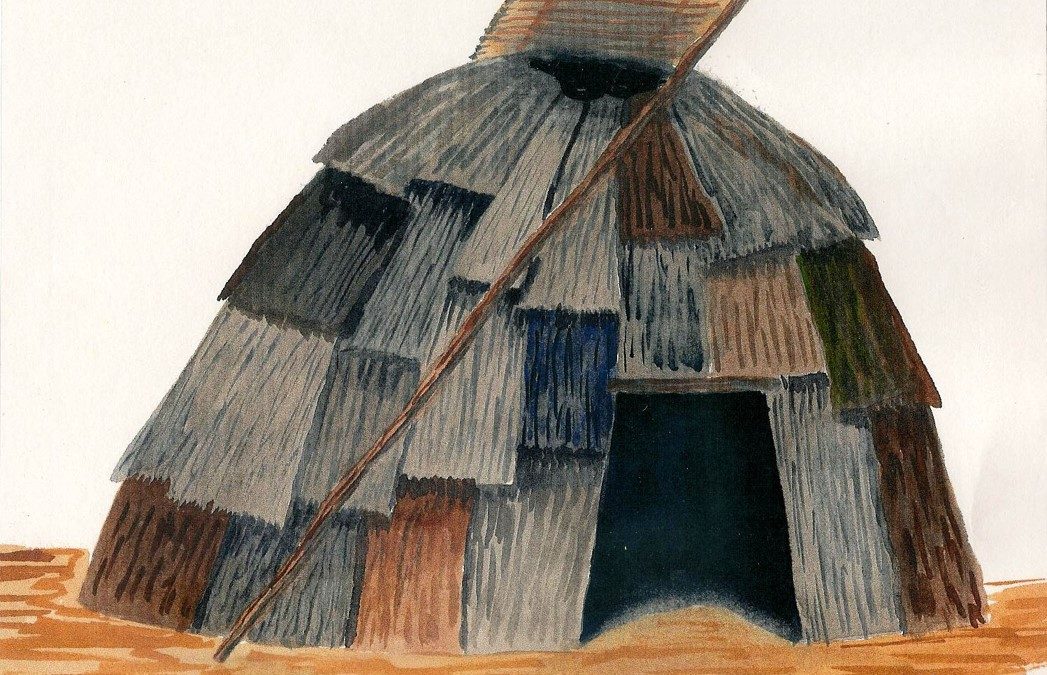
Book review: Builders of the Bay Colony
…a genial, competent style…
Book review:
Builders of the Bay Colony
by Samuel Eliot Morison (1887-1976)
Boston: Houghton Mifflin Company, The Riverside Press Cambridge, 1930.
365 pages
Morison is a historian’s historian. He has a genial, competent prose style and his work is fully researched. It’s a pleasure to learn from Morison.
I’m drawn particularly to his treatment of Rev. John Eliot (1604-1690) in Builders of the Bay Colony. Eliot, with the Algonquian leader Waban, settled the first “Praying Indian Town” in South Natick, MA, in 1651. Eliot was a determined Puritan missionary who was the key colonial figure in establishing 14 such “Praying Towns” throughout the territory of the Massachusetts Bay Colony in what is now eastern Massachusetts.
Morison chronicles Eliot’s lifetime work in the colony, as “the Apostle to the Indians” and as the minister and teacher in the Roxbury church. Morison calls Eliot “the country parson” who respected the Algonquian peoples and their cultures, and decently tried to do what he understood to be God’s work.
* * * * * *
Book review. Copyright © Richard Carl Subber 2019 All rights reserved.
Book review: The Map of Knowledge
a slo-mo version of Fahrenheit 451
by Violet Moller
–
In other words: Poems for your eyes and ears with 64 free verse and haiku poems,
and the rest of my poetry books are for sale on Amazon (paperback and Kindle)
and free in Kindle Unlimited, search Amazon for “Richard Carl Subber”
* * * * * *